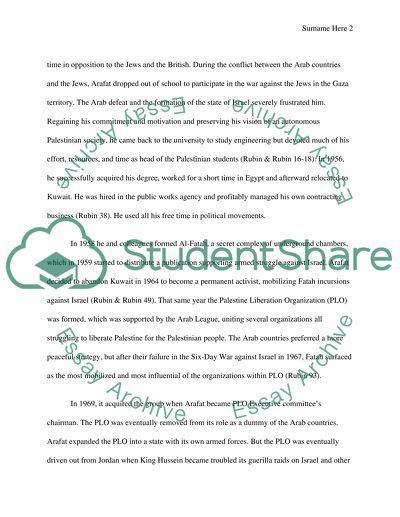Cite this document
(“Yasser Arafat and Tawakel Karman: The Struggle for Peace Research Paper”, n.d.)
Retrieved from https://studentshare.org/english/1404243-yasser-arafat-palesine-and-tawakel-karman-yemen
Retrieved from https://studentshare.org/english/1404243-yasser-arafat-palesine-and-tawakel-karman-yemen
(Yasser Arafat and Tawakel Karman: The Struggle for Peace Research Paper)
https://studentshare.org/english/1404243-yasser-arafat-palesine-and-tawakel-karman-yemen.
https://studentshare.org/english/1404243-yasser-arafat-palesine-and-tawakel-karman-yemen.
“Yasser Arafat and Tawakel Karman: The Struggle for Peace Research Paper”, n.d. https://studentshare.org/english/1404243-yasser-arafat-palesine-and-tawakel-karman-yemen.


